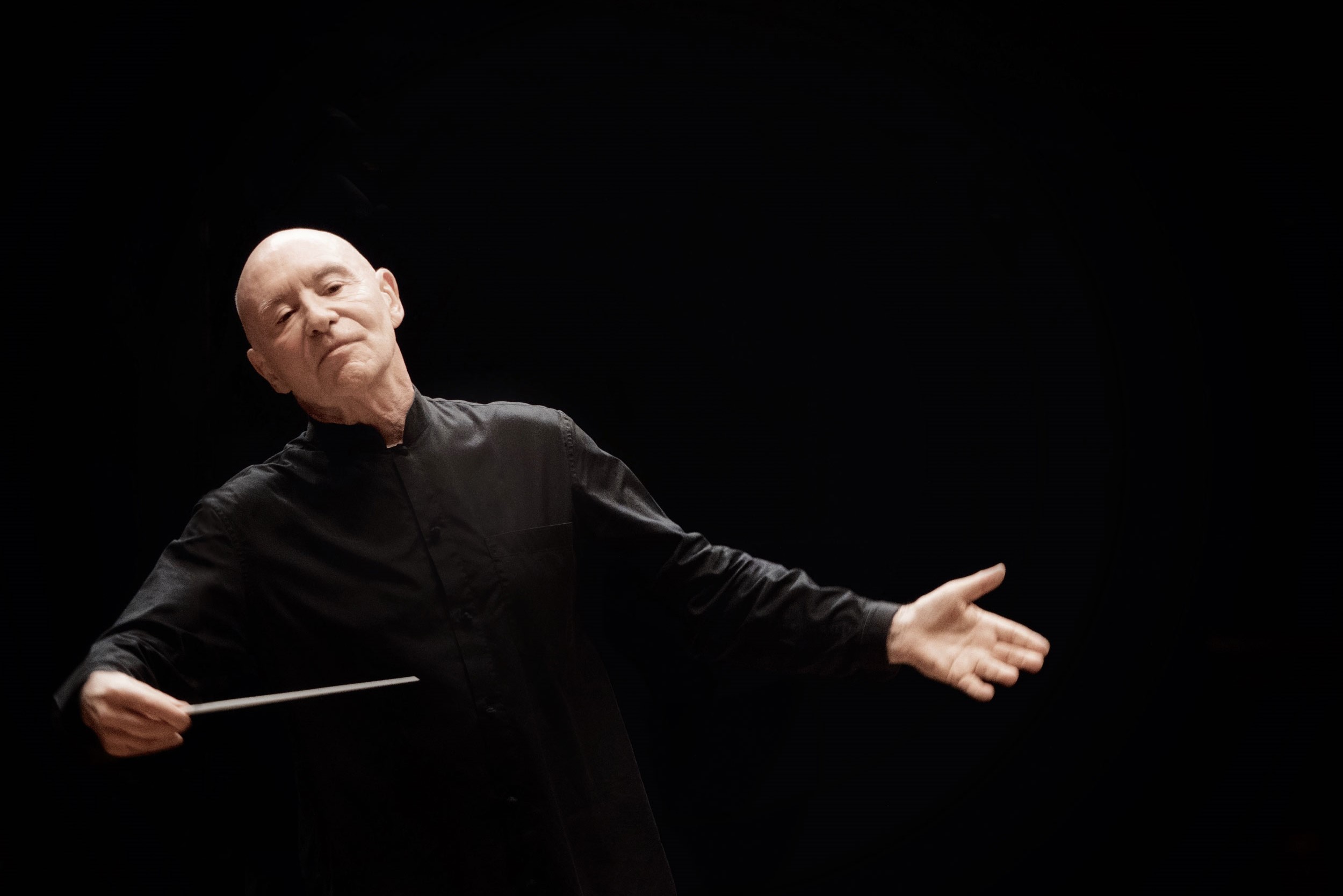Christoph Eschenbach and the NFM Wrocław Philharmonic will present two undisputed masterpieces. Symphony No. 1 in C major by Ludwig van Beethoven belongs to the era of Classicism, while Antonín Dvořák’s Eighth Symphony, written almost a hundred years later, expresses the ideals characteristic of Romanticism. What these works have in common is their light and cheerful mood.
Beethoven began working on the score of Symphony No. 1 in C major at the end of the 18th century – in 1799. This work still bears signs of the influence that the then thirty-year-old composer drew from the achievements of artists close to him, belonging to the pantheon Classical composers – Joseph Haydn and Wolfgang Amadeus Mozart. Yet the symphony, consisting of four movements, does include harbingers of the fledgling, individualised compositional language of the youngest of the Viennese Classicists. Beethoven presented the brilliantly expressive work to the public for the first time – under his baton – during a concert in early April 1800 at the Burgtheater in Vienna. After the premiere, the famous Allgemeine musikalische Zeitung published words of admiration for the composer, who in his First Symphony “displayed great skill, innovation and a wealth of ideas”. However, the truly revolutionary incarnation of Beethoven as a brilliant symphonist was yet to come.
The second part of the evening will be filled with Antonín Dvořák’s Symphony No. 8 in G major op. 88, written in 1889, which is one of the most popular works in his oeuvre. Although the composers of the Romantic era (including the excellent Czech) were fond of creating dramatic and not necessarily optimistic music, this piece is surprisingly radiant in its expression. This carefreeness may have resulted from the influence of the space surrounding the composer. The Eighth was composed during Dvořák’s stay at the villa Rusalka in the village of Vysoká u Příbramě. In this extremely attractive, accessible piece, full of catchy, singing melodies, one can also sense references to musical folklore of that region. The finale begins with a trumpet fanfare, about which the excellent Czech conductor Rafael Kubelik once said: “In Bohemia, the trumpet never calls for battle – it is an invitation to dance!”

